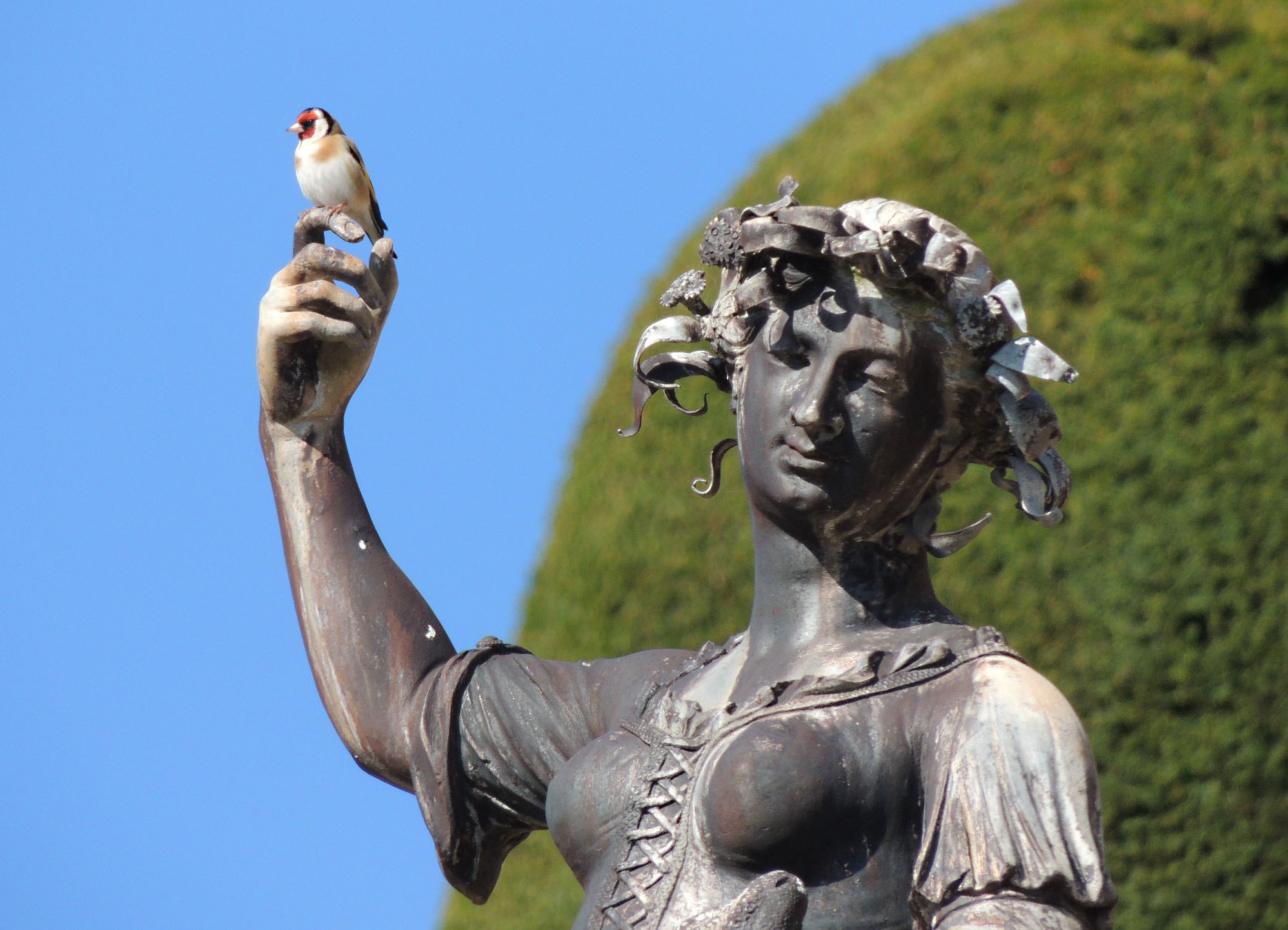Mark Griffiths: The joy and consolation of 'Slow Gardening' in this savage yet beautiful spring
The gardener and writer Mark Griffiths has had to unlearn the habit of a lifetime, put his diligence to one side, and embrace a slower approach to tending his garden.
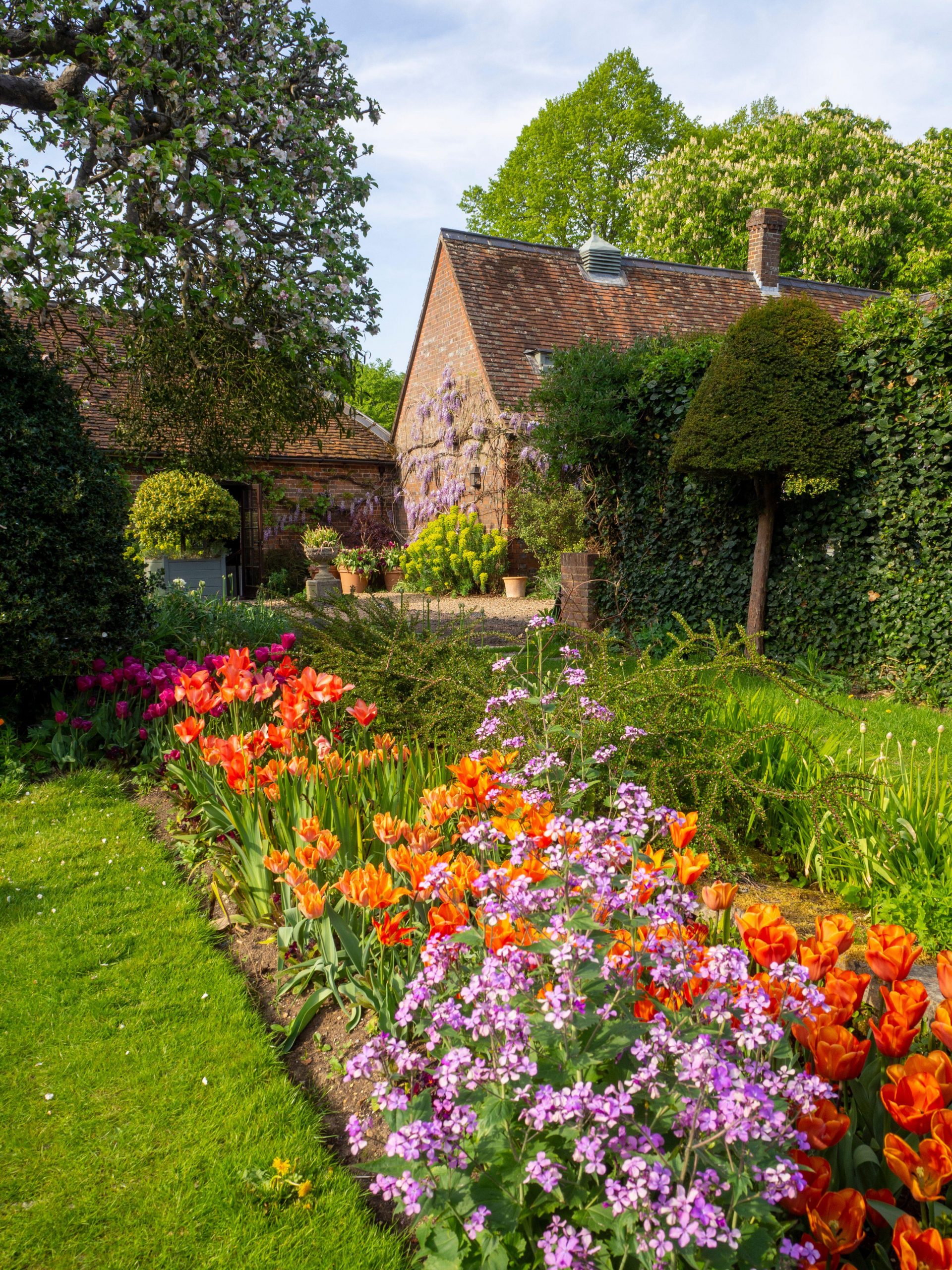
This year, I was efficient about grooming our garden on Osney Island. By March, I’d brought it to a state of high preparedness for the season ahead, so freeing myself to focus on a far larger design that I was due to create for a friend and client. Then came the lockdown and the stern advice that, for weeks, perhaps months, I should regard our island plot as my entire self-isolating world.
I knew that I came unstuck when unable to garden; also, that I gardened with dispatch as I was trained to — no dreaming, dithering, pottering or putting-up of feet. I contemplated our domain, a brick-walled rectangle, 20 yards long and five yards wide, that was packed with plants, all of them precious, and which no longer needed titivating, let alone an overhaul. I had a problem.
‘You’ll simply have to ration yourself,’ said Yoko. I began by adopting a rule that her late father lived by: ‘Work with plants when it’s sunny, and with words when it rains.’ But the sun shone every damned day.
"I let the garden do more to me than I to it, content to watch things grow, to make discoveries without seeking them, and to take forever over the odd task that presented itself"
Next, I looked to Niccolò Machiavelli. In seclusion on his Tuscan estate, he would dress like a peasant to garden by day and then change into Florentine finery before writing by night. But our garden’s nocturnal pull proved irresistible. What with my scaling walls to watch the Lyrids meteor shower and hunting sawfly larvae by torchlight, the page remained immaculate — unlike several pairs of decent trousers.
Soon, I was outdoors most of the time and wanting for nothing. There were deliveries — essential sundries from Yarnton Home & Garden, our brave and beloved local garden centre of Eden; hot-flowered Hemerocallis from the superb Strictly Daylilies.
For the most part, however, I let the garden do more to me than I to it, content to watch things grow, to make discoveries without seeking them, and to take forever over the odd task that presented itself.
Slow gardening, as I came to think of this regime, quickens the mind. Favoured subjects for mental exploration were two ancient ideas that were suddenly my daily reality: the microcosmic sufficiency of the hortus conclusus and Zen landscaper Muso Soseki’s maxim, ‘we make gardens instead of journeys’. Unwisely, I also allowed myself to dwell on more recent pronouncements. ‘The cruellest month’ is not the only superlative now owned by the April just past.
Exquisite houses, the beauty of Nature, and how to get the most from your life, straight to your inbox.
‘Was blossom ever more brilliant,’ many of us wondered, ‘or birdsong more jubilant?’ Across the media, eco-commentators vied to explain the significance of this bounteousness. For some of them, it demonstrated Nature’s autonomy and her sublime indifference to our troubles.
"We have introduced, bred, propagated, produced, planted and maintained [trees]. And, of course, it’s to the habitats that we make with them — to gardens, parks, squares and avenues — that so many birds flock"
For others, it showed how much better off she’d be without us: here was Nature’s glorious ‘I will survive’ flung in the face of man, the abuser brought low. For all, blossom and birdsong were her work alone.
I fell to thinking of a poem written in an earlier age of anxiety, The Fall of Rome (1947) by W. H. Auden. Although it has been a favourite of mine since schooldays, I’ve always had a problem with its penultimate stanza:
Unendowed with wealth or pity, Little birds with scarlet legs, Sitting on their speckled eggs, Eye each flu-infected city.
Auden seems to be saying that these birds will carry on in their impoverished detachment, regardless of civilisation’s plight. But, surely, they, too, will suffer as a consequence? Being urban birds, most of them must depend to some degree on human activities.
Last month’s commentators made a similar slip. They took no account of an important fact about most of the trees that enthralled locked-down Britain: they’re cultivated. We have introduced, bred, propagated, produced, planted and maintained them. And, of course, it’s to the habitats that we make with them — to gardens, parks, squares and avenues — that so many birds flock, finding sanctuary and sympathy worthy of St Francis and delighting the great majority of us with their song.
Instead of distancing us from Nature, this savage yet beautiful spring has confronted us with her manifold joys and consolations. It has compelled us ‘to notice such things’, in the words of Thomas Hardy’s poem Afterwards, which movingly addresses this very subject.
It has also shown that many of the most noticeable such things (for example, burgeoning blossom and birdsong) aren’t separable from us. Rather, they result from a symbiosis in which Nature repays our nurture in incalculable ways. Gardens are how the most of us engage in that exchange. Who said they weren’t essential?
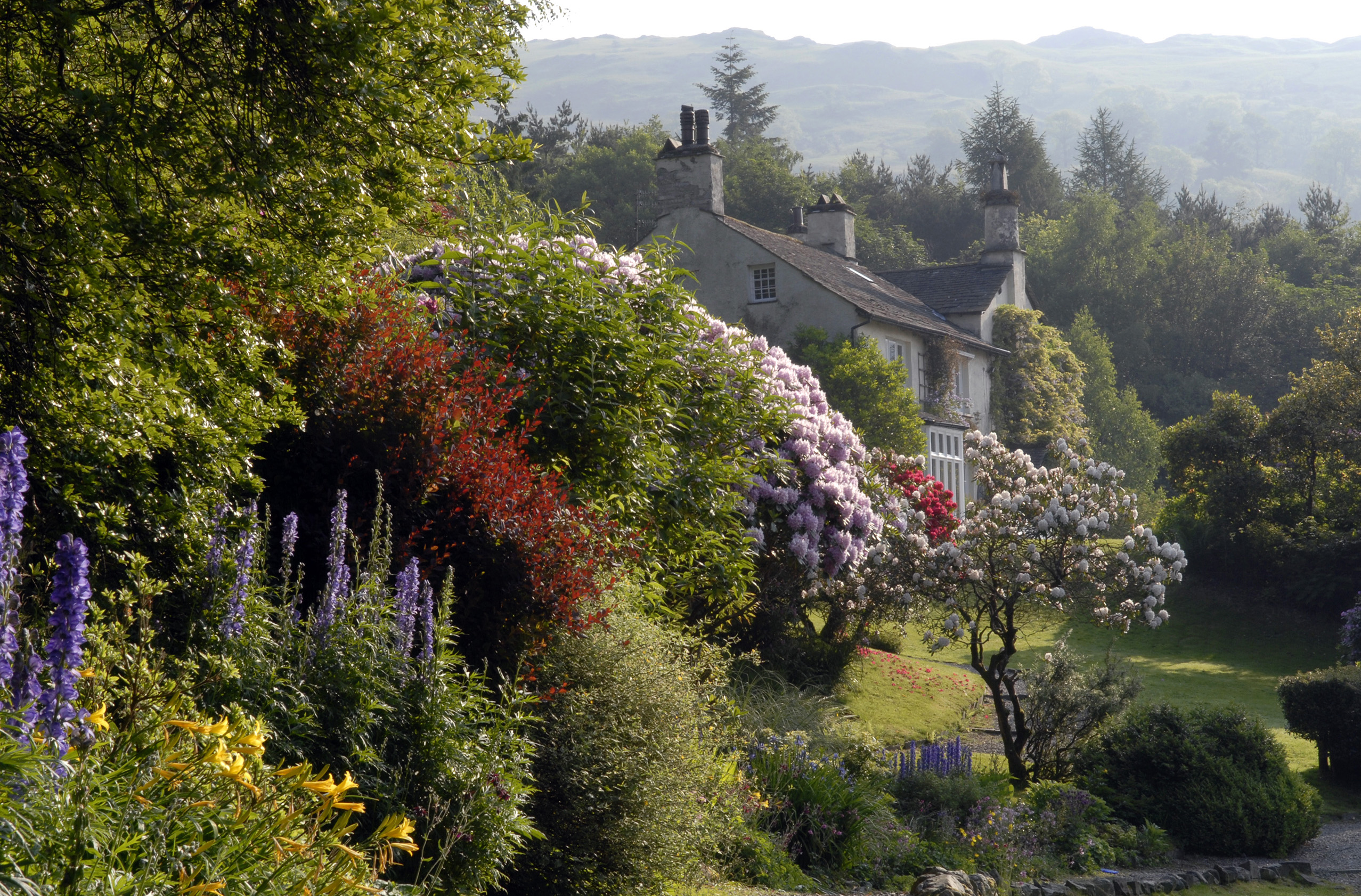
Credit: Val Corbett/Country Life
Alan Titchmarsh: 'I suppose I should be going stir-crazy in self-isolation. The reality has been rather different'
Gardener, writer and broadcaster Alan Titchmarsh has been going to the Chelsea Flower Show for half a century, and should
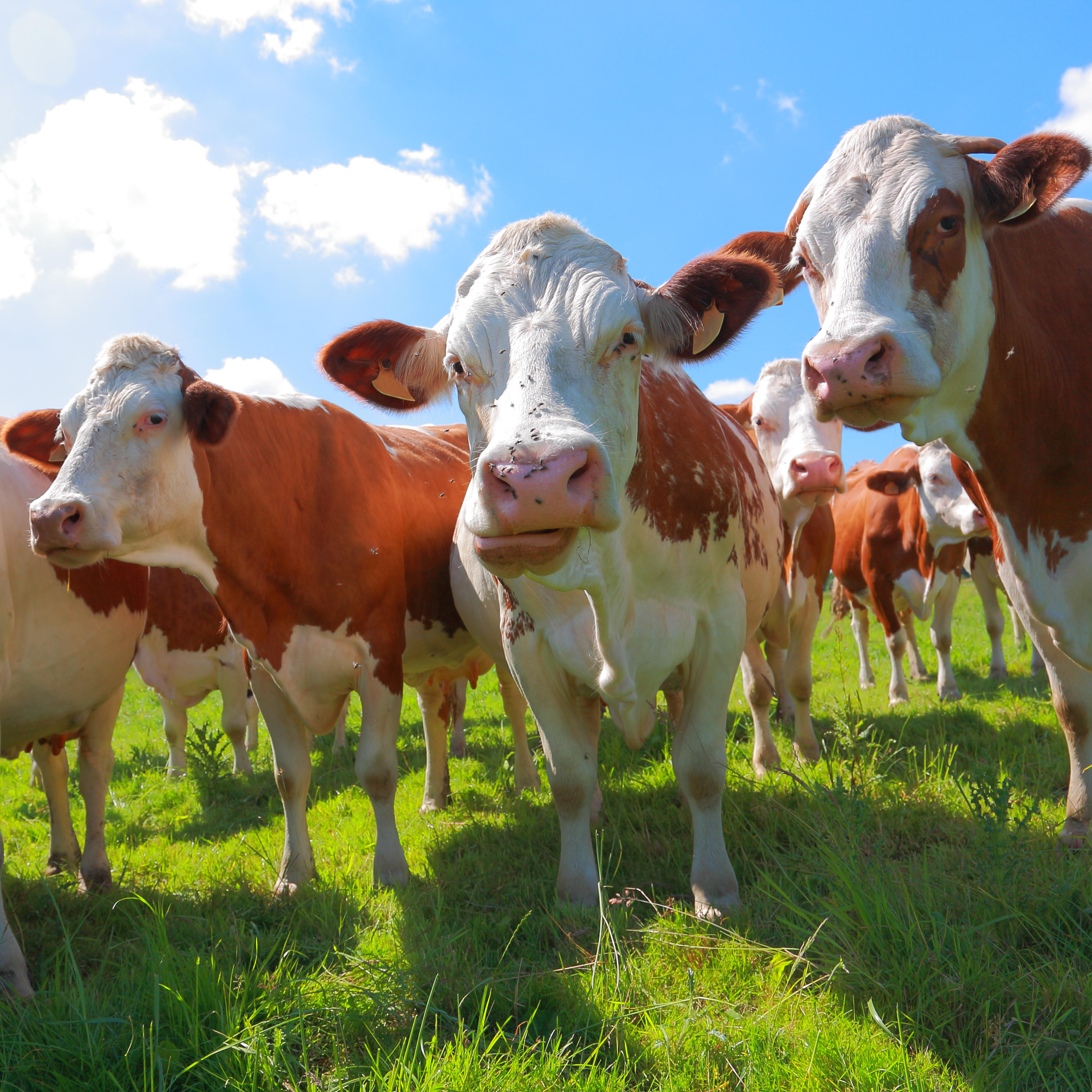
'You can't furlough a cow': Farmers urge with public to buy direct to keep them in business during lockdown
Enterprising farmers have been setting up websites and even selling their wares via vending machines to keep things moving as
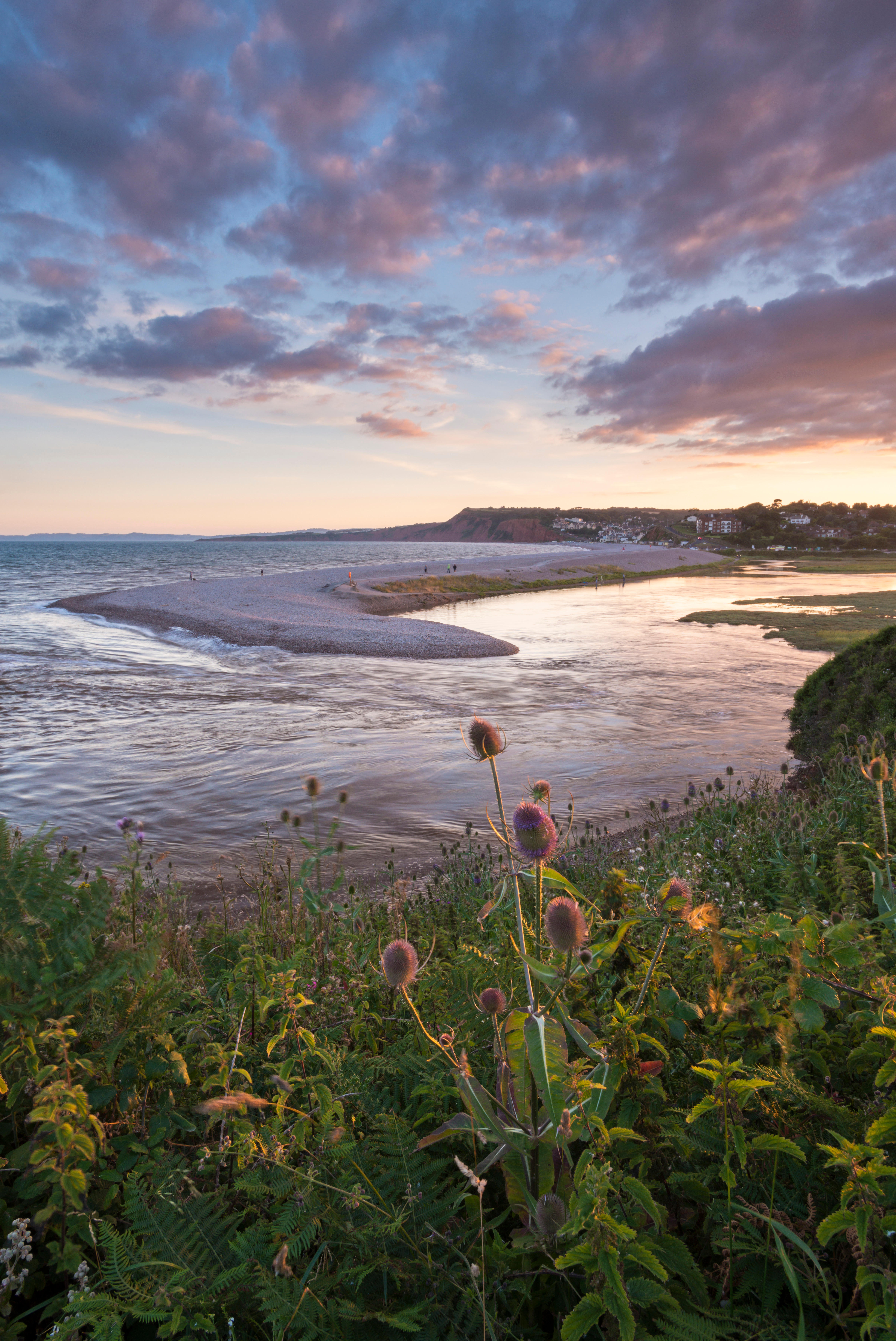
Carla Carlisle: 'It sounds tactless, but I’ve long believed that the most beautiful word in the English language is "cancelled"'
Raging against the lockdown isn't for Carla Carlisle, as she admits to 'a swoosh of contentment' whenever she thinks about
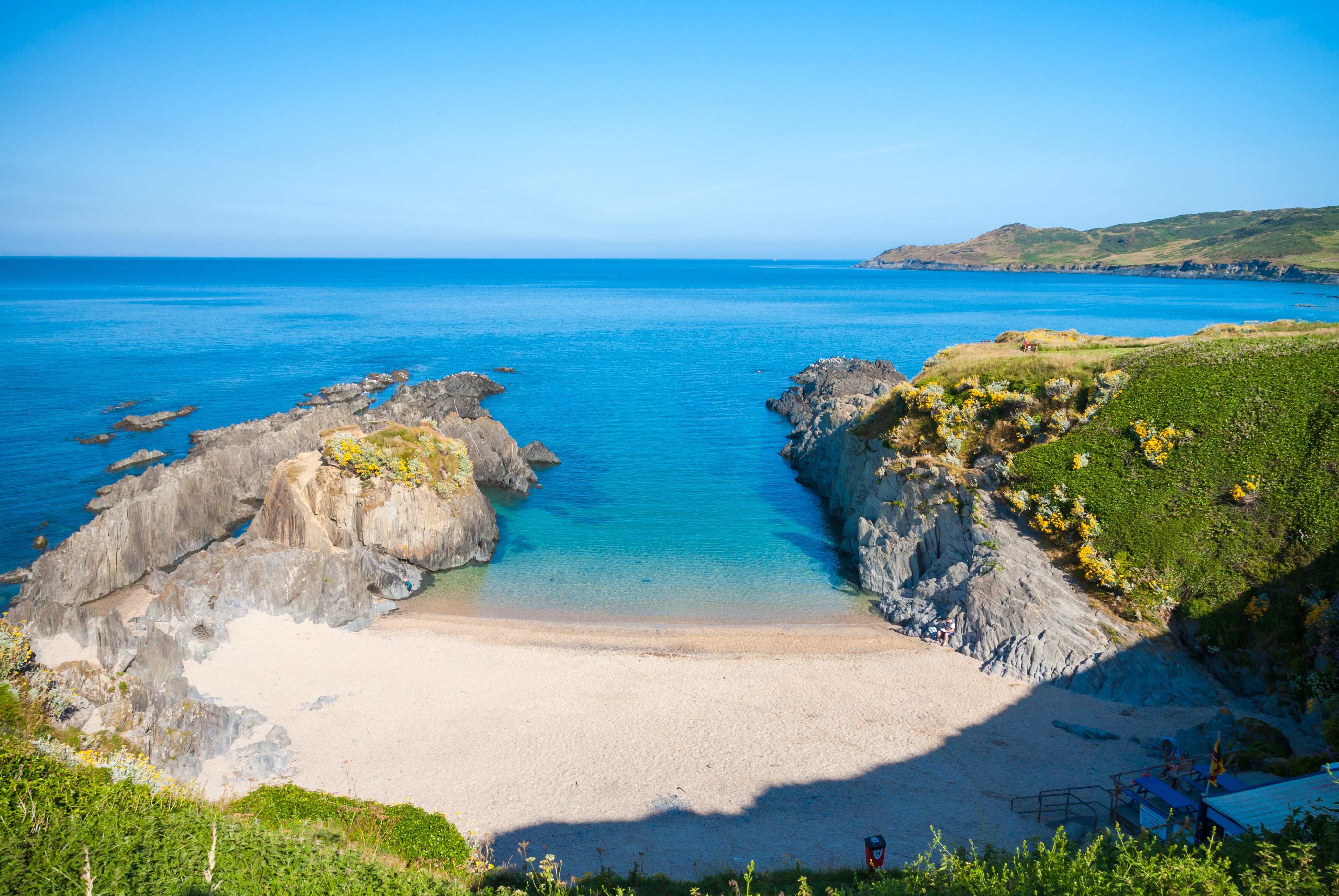
Rosie and Jim: 'You’re stuck/safe in one of the UK’s most beautiful swathes of countryside, so give thanks and get outside'
It's not just flour and toilet roll that's hard to get hold of during lockdown; it seems that paragraphs are
